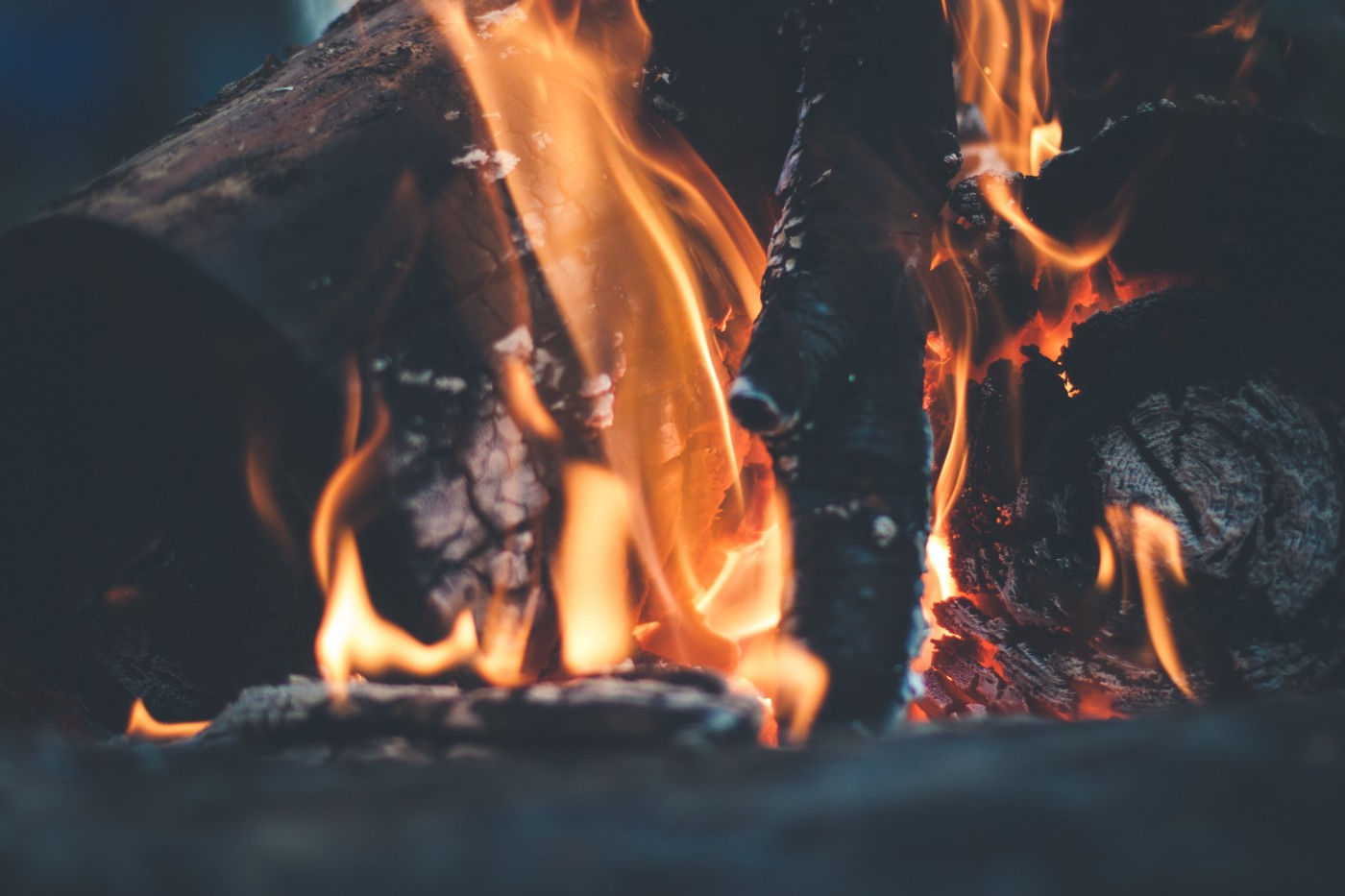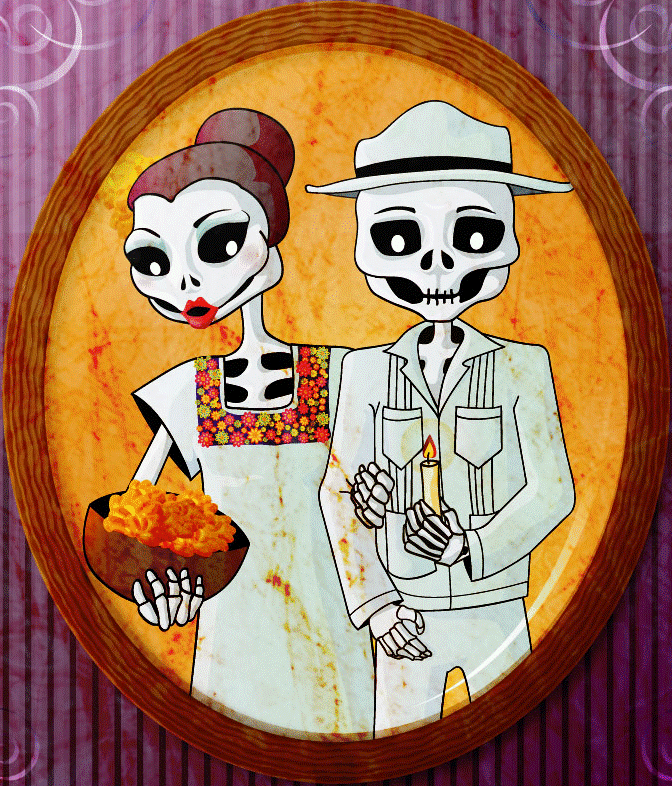

Contact Us: +52 999 3293654

Hanal Pixan
The faithful departed arrive for their annual appointment with family and friends, to be honored after having traveled the path that once took them, but now leads them to "Hanal Pixán"
HeHanal Pixan It is the Mayan tradition that celebrates the dead, it is also known as Soul Food and it is a period in which the memory of the deceased is celebrated in Yucatan, in which food and drinks are offered to the souls of the Faithful Departed, in a mixture of Mayan and Christian elements.
It is explained that people who die do not leave permanently, their soul is still present, mainly on the days of the dead, when they return home to "savor" the dishes that their relatives have prepared for them.
The faithful departed arrive for their annual appointment with family and friends, to be honored after having traveled the path that once took them, but now leads them to "Hanal Pixán".
VISITING DAYS
The first day is dedicated to children and is called U Hanal Palal. The second day, November 1, is dedicated to dead adults and is called U Hanal Nucuch Uinicoob, and the third day is U Hanal Pixanoob called in some places "pixán mass" because that day a mass dedicated to the souls is applied. , usually in the town cemetery.
It is customary, mainly in the interior of the State, for children to wear a red or black ribbon on their right wrist during those days, so that the souls do not take them away.
It is also customary to tie up the animals in the house, because they could see the souls and prevent them from going to the altar.
The tradition includes several rites, but the main one consists of setting up a table that functions as an altar, where typical food of the season is placed: new atole, mucbipollos, jícamas, mandarins, oranges, papaya candy, coconut and pepita, espelon tamales. and "vaporcitos", all that adorned with candles, flowers, branches of "rue" and the photographs of the deceased people.
The offerings for the deceased children are placed on an altar decorated with an embroidered tablecloth in bright colors, toys and food of their choice, such as chocolate, tamales, "pibes", sweets, seasonal fruits, new atole and yucca with honey. and is decorated with "xpujuc" flowers (wild type and yellow), "xtés" in red and "virginias".
The houses must always be clean and without pending work (such as making tortillas, for example). It is believed that if something was not done, the souls will arrive and do the pending work, which would be impolite.
Children's day will be, in addition to food and sweets, toys. On the second and third day, food and drinks are put on the table, as well as brandy and cigarettes if the dead who are remembered used to eat certain stews, drink or smoke. The main element of this ritual is food, whose names are words of Mayan origin.


THE REPRESENTATIVE FOODS
-
Pib: Roasted or cooked underground. This is also the name given to a kind of large tamale cooked underground, which is also called pibipollo or mucbipollo, but these last two terms have the Spanish word pollo.
-
Chachac wajes: Kind of red tamale. Its name means very red bread, due to the achiote with which it is prepared.
-
Chilmole: Stew made with burnt chili, meat, tomato and other legumes. The term is of Nahuatl origin, since chil is chile and mole is sauce, broth or stew.
-
Salbut: Tortilla to which meat is placed under the skin and then fried to eat. The name is made up of Sal: light, and But: stuffing, that is, slightly stuffed.
-
Chacbi nal: Corn cooked in water. Chacbil means cook or cooked and Nal means corn.
-
Pibi nal: Corn cooked under the ground.
-
Xek: Edible mixture made with orange, tangerine, jicama and other fruits, as well as ground chili or something else.
-
Chay wah: Tamal made with chopped chaya.
-
Pin: Thick tortilla, since PIN means thick.
-
Buli wah: Tortilla made with new beans or espelón, which is cooked in a bain-marie or in the oven.
-
Is wah: New, sweet or salty and toasted corn tortilla.

CURIOSITIES
Hanal Pixán is known outside the state for making mucbipollo, the authentic ritual food that is offered to the souls of the deceased.
Currently it is a mixture of customs of the ancient Mayans and the European ones of the conquerors. This is how the Mayan custom of burying their deceased with offerings that would help them in the journey to the afterlife persisted in the form of offerings on the altars.